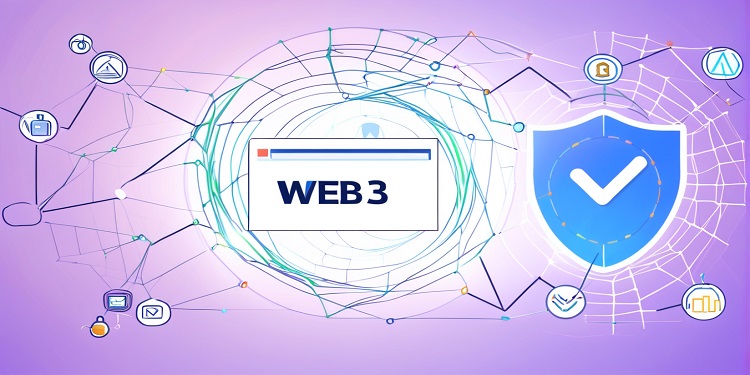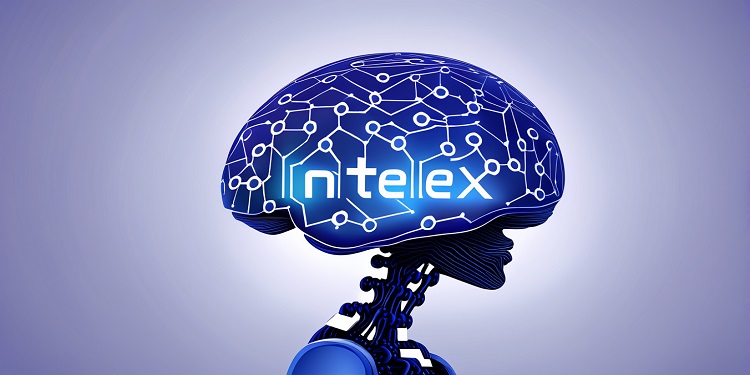 The two patent filings published by the US Patent and Trademark Office (USPTO) indicate that Microsoft is gearing up to provide a range of blockchain solutions using trusted execution environment (TEEs).
The two patent filings published by the US Patent and Trademark Office (USPTO) indicate that Microsoft is gearing up to provide a range of blockchain solutions using trusted execution environment (TEEs).
Both patents explain the manner in which TEEs could be deployed to improve security within a syndicate blockchain network, which necessitates specific nodes to be authorized to function as validator nodes (VNs) on the blockchain.
The first patent filing of Microsoft explains how TEEs can assist in improving the security of networks:
“In one example of the technology, a first node is endorsed. During endorsement of a first node, a pre-determined type of blockchain or other security protocol code to be authorized and a pre-determined membership list may be stored in a trusted execution environment (TEE) of the first node.”
Per the patent, not only a particular protocol or enrollment list, but potentially a sequence of otherr agreed-upon perspectives could be saved within a Tee. The patent then describes how applying a system of Tee attestations would enable safe verification of all new participants of the system who are discovered to own matching data to that which is saved within the first node’s Tee.
The second patent filing explains how a TEE could also be used to verify blockchain transactions within a syndicate network. The identical TEE attestation system would create an adequately trustless environment in which other VNS on the network would “not need to do re-computation for verification,” approving a given pre-authorized organization to “directly” telecast the “updated official state” of a completed transaction:
“In some examples, the entire network accepts the transactions, including chaincode transactions, and blockchain states are directly updated. In some examples, there is no need for a copy of the transaction in order to confirm a block.”
Last week, Microsoft’s Azure, an Ethereum-based cloud computing platform, had switched to a new proof-of authority (PoA) algorithm, from the previous proof-of-work consensus protocol. Microsoft had stated that the new protocol will increase the efficiency of developing decentralized applications (DApps) for blockchain networks of all kind (private or consortium).








